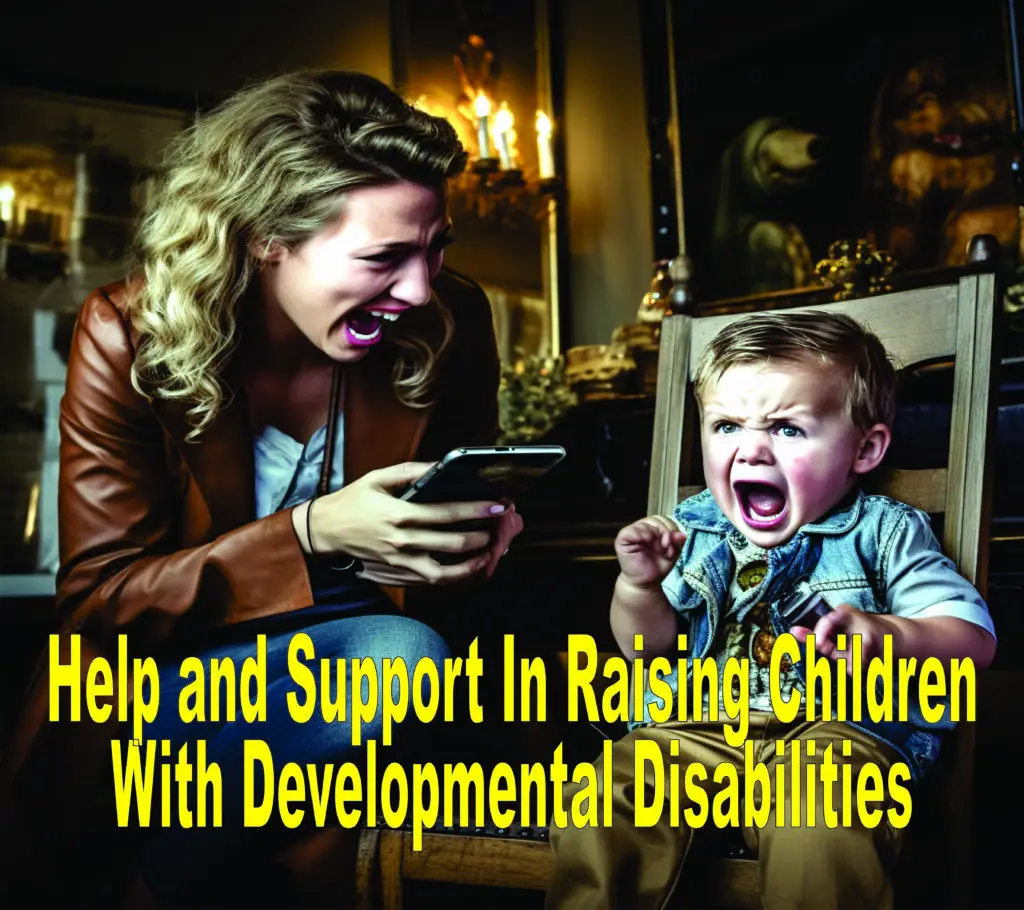Last updated on October 25, 2023 by Lori Pace
Raising children with unique developmental characteristics brings unique experiences and rewards. It requires an adventure, perseverance, composure and a solid network of aid.
As a parent, it can be reassuring to know that there are a range of aids and support systems available to you as you go down this path. In this article, we’ll take a closer look at eight different types of support and resources that can have a positive impact on your child’s life and your personal well-being.
early aid initiatives
Programs designed for early intervention purposefully assist children with special needs from birth to three years of age. These efforts work to identify and address developmental delays in the initial stages and promote optimal growth and progress.
Early intervention services may include therapeutic practices such as communication therapy, occupational therapy, physical therapy, and professional education. By taking advantage of these initiatives, you can ensure that your child receives the necessary support during critical growth years.
Educational Assistance Services
Education plays a key role in the progress of children with unique needs. A range of education options are available depending on your child’s requirements. These may include customized education plans, Individualized Education Programs (IEPs), or inclusive classrooms with additional support from educators or aides.
Working closely with teachers and school administrators helps foster an inclusive learning environment tailored to your child’s unique needs.
Treatment measures
Therapeutic interventions such as communication therapy and physical therapy can provide tremendous benefits to children with developmental differences. These interventions focus on improving communication skills, improving fine and gross motor skills, and overall physical health.
By working with a therapist and integrating their expertise into your child’s daily life, you can significantly impact their development and quality of life.

circle of support
Networking with parents experiencing similar challenges can yield valuable emotional support and practical advice. Support Circles provide a safe space to share experiences, seek guidance, and learn from each other.
Online communities, local groups, and organizations dedicated to helping families with children with unique characteristics are excellent resources for discovering these support networks. Cultivating relationships within these groups fosters a sense of belonging and mutual understanding.
fracture relief
Caring for a child with developmental differences can be physically and emotionally stressful. Prioritizing your own well-being is crucial. Respite Relief Services provide parents with respite by providing trained caregivers to meet your child’s needs.
This allows you to rest, recharge and meet your personal needs, effectively reducing stress and avoiding burnout.
financial aid
Raising a child with developmental differences often incurs additional costs for medical care, therapy, and specialized equipment. Exploring financial assistance programs, such as government grants, Medicaid waivers, or disability-specific organizations, can help ease the financial burden.
These resources provide financial support and promote access to essential services to ensure your child’s needs are met.
adaptive technology
Adaptive technology includes tools and devices designed to help individuals with unique characteristics perform daily activities. These technologies range from communication devices to sensory aids and mobility devices.
Working with a therapist and adaptive technology specialist can help determine the most appropriate tools to enhance your child’s independence and overall quality of life.
Explore alternative living arrangements
For some families, researching alternative living arrangements, such as specialized group homes, may be a viable option as their children grow older. Professional group homes provide a supportive and structured environment tailored to individuals with developmental differences.
These nursing homes provide comprehensive care, including medical support, therapeutic services and social opportunities. They can help improve your child’s quality of life while increasing safety with tools like group home software.

Before making any decisions, it’s important to conduct thorough research and visit potential group homes to make sure they fit your child’s needs and your expectations.
in conclusion
Raising a child with developmental differences is a challenging yet fulfilling journey. You can give your child the best chance of growth, development and happiness by taking advantage of a variety of help and support.
Seek early assistance programs, educational support, therapeutic interventions, and connect with circles of support. Take advantage of break relief, explore financial aid programs, and consider adaptive technology options.
Ultimately, by building a strong support system and taking advantage of available resources, you can navigate the complexities of raising a child with developmental differences with confidence and resilience.




